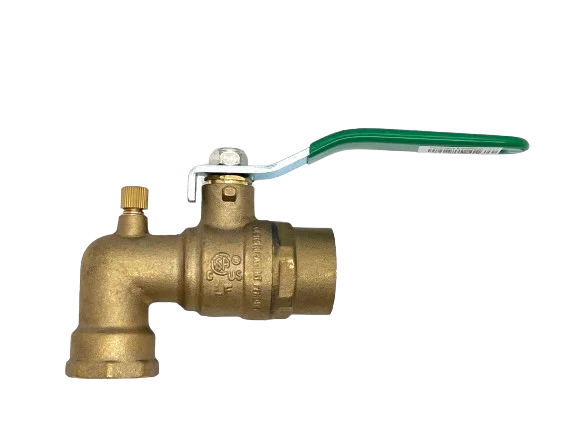What Is the Lifespan of Full Port Ball Valves in Residential Systems?

Modern residential plumbing systems depend heavily on reliable shut-off mechanisms, and full port ball valves are often the go-to choice. Known for their low-pressure drop and full flow capacity, these valves are essential for ensuring seamless water control. But how long do they last in a home setup? The answer isn’t one-size-fits-all. A variety of factors—ranging from build material to water quality—can impact the performance and longevity of these valves. Understanding their average lifespan and maintenance needs can help homeowners make more informed decisions. Material and Build Quality Matter: Brass and Stainless Steel: These are the two most common materials for residential full port ball valves. Stainless steel variants typically last longer. Seals and Seats: PTFE (Teflon) seals are highly resistant to wear and ideal for long-term use. Handle Construction: A sturdy handle made of zinc or stainless steel reduces wear and prevents corrosio...


